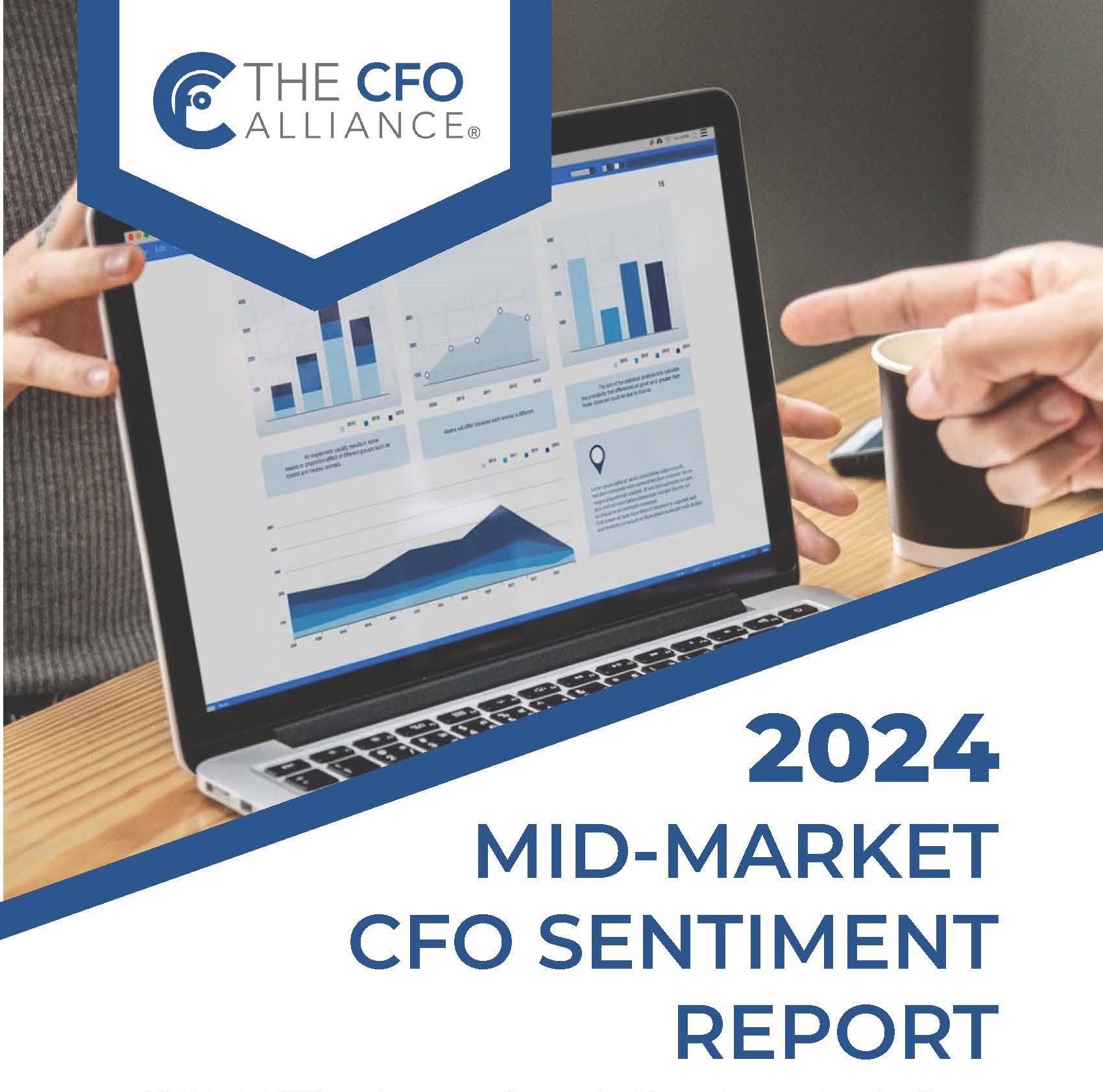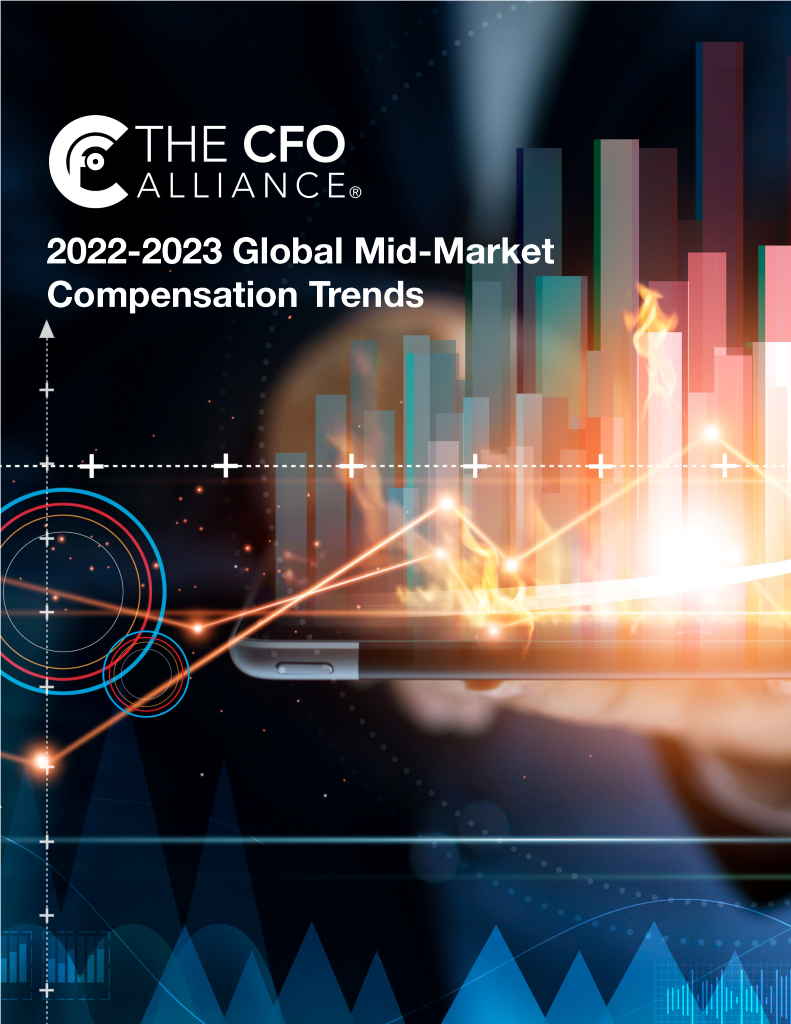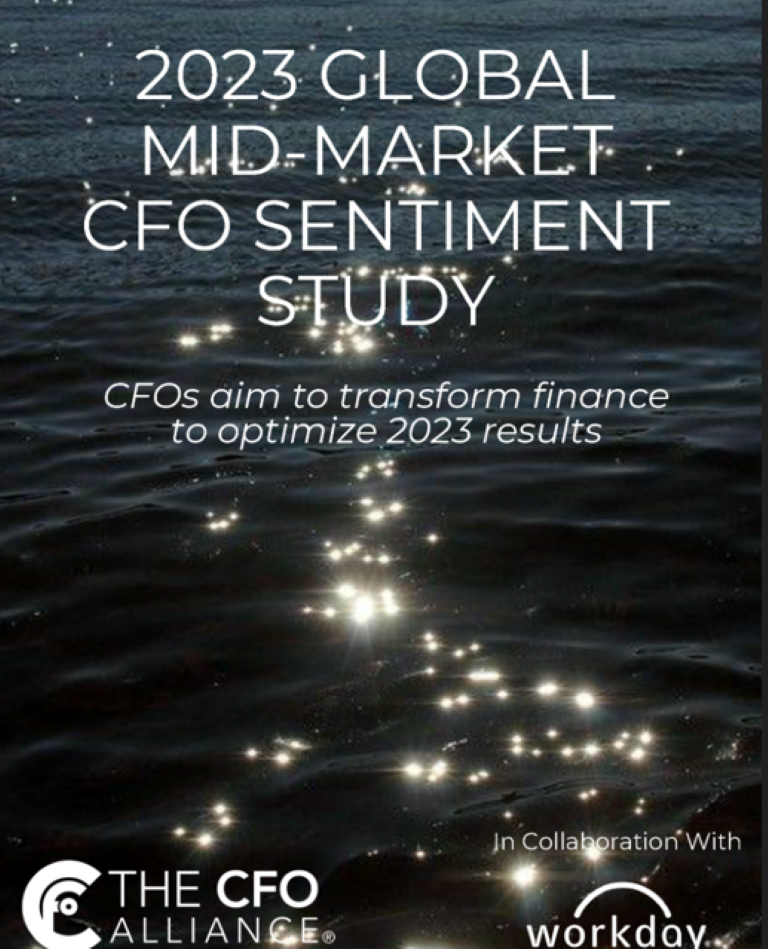Accounting Errors to Cost Executives Their Bonuses Under SEC Rule
WASHINGTON—Regulators will make public companies take back executives’ incentive pay if they find significant errors in financial statements, aiming to improve corporate accountability at a time of rising shareholder discontent over pay practices.
The Securities and Exchange Commission voted 3-2 Wednesday to complete the so-called clawback rule, with all Democrats approving and Republicans dissenting. Required by the 2010 Dodd-Frank Act to discourage fraud and accounting mischief, the rule’s implementation has been delayed for years.
The approved rule will apply clawback provisions broadly to public companies, extending a practice that has become widespread in compensation agreements set by corporate boards in recent years. However, those voluntary policies sometimes set a high bar for recouping previously awarded compensation and can be difficult to enforce. That has led some companies to withhold executives’ incentive pay for longer periods to avoid the hassle of having to get it back after the fact.
NEWSLETTER SIGN-UP
Markets
Major financial-market and trading news.
SEC Chairman Gary Gensler, a Democrat appointed by President Biden, reopened a 2015 proposal, which was never implemented, last year to collect fresh public feedback on the idea.
The rule passed Wednesday requires companies to set up procedures for recovering erroneously awarded compensation whether or not there was misconduct involved. It is also broader than the 2015 proposal, which would have triggered clawbacks only if companies identified major accounting errors that required a restatement of prior years’ financial results. Under the completed version, companies will also have to recover executive bonuses if they find smaller errors that significantly affect only the current year’s results.
SEC economists estimate the lesser category of accounting errors covered by the final rule are about three times as common as the more serious type.
Mr. Gensler said Wednesday that the rule will strengthen investor confidence in corporate reporting, as well as the accountability of managers.
“Corporate executives often are paid based on the performance of the companies they lead,” Mr. Gensler said. “If the company makes a material error in preparing the financial statements required under the securities laws, however, then an executive may receive compensation for reaching a milestone that in reality was never hit.”
Under the rule, which will go into effect in roughly one year, companies will have to adopt policies to recover wrongfully awarded incentive pay from both current and former executives, going back as many as three years. Companies would determine the amount of pay to claw back by calculating what an executive would have earned if the revised financials had been in place. For compensation based on stock performance, firms must use reasonable estimates. After recovery, the funds would be returned to the company.
SHARE YOUR THOUGHTS
What effects will the new SEC rulings have on markets and why? Join the conversation below.
Companies wouldn’t have to pursue recovery of funds if the cost of doing so would exceed the amount they would claw back, or—in the case of a foreign issuer—if the process would violate the law in its home country.
The Wall Street Journal has reported that companies have played down the importance of their accounting errors in recent years, possibly to minimize the impact on share prices or executive compensation.
GOP lawmakers and business groups had urged the agency not to move forward with the rule without doing more analysis. They had criticized the SEC’s plan to capture restatements that only affect the current year in clawback policies, and said the final rule’s definition of “executive officer” was overly broad.
Tom Quaadman, an executive vice president at the U.S. Chamber of Commerce, said the SEC’s rule “is needlessly complex and overly prescriptive” and questioned the process by which it was adopted. He added, however, that clawbacks are an important tool for holding executives accountable.
Investor advocates, companies and executives rarely criticize clawback policies in principle, though companies seeking to claw back pay often find executives resistant.
Republican SEC Commissioner Mark Uyeda said the rule could lead companies to restructure compensation arrangements away from performance to shield executives from clawbacks.
“This may result in salary increases, rather than compensation mechanisms tied to financial-reporting measures,” Mr. Uyeda said, noting reports that companies are removing performance goals and replacing options with shares. He said the SEC’s approach “may ultimately weaken alignment of interests between shareholders and management.”
At least one study calls that thesis into question.
A group of finance professors at the University of Arizona, the University of Delaware and the University of Illinois at Chicago examined the stock-market reactions of S&P 1500 firms after the SEC unveiled the proposed clawback rule in 2015. They found that companies without existing clawback policies—those most likely to be affected by the rule—exhibited “positive abnormal stock returns” following the announcement.

Republican SEC Commissioner Mark Uyeda said the rule could lead companies to restructure compensation arrangements away from performance to shield executives from clawbacks.PHOTO: TASOS KATOPODIS/GETTY IMAGES
The finding suggests that the adoption of a clawback policy “would, on average, enhance shareholder value for firms without an existing policy,” one of the authors wrote in a comment letter to the SEC in May.
Any impulse for companies to shift away from performance-based compensation would likely be counterbalanced by the popularity of such pay structures among shareholders and proxy-advisory firms, said Dario Mendoza, an attorney at Vinson & Elkins LLP, who advises public companies and compensation committees.
David Larcker, a professor at the graduate school of business at Stanford University, similarly says boards are unlikely to adjust compensation arrangements with executives to shield them from clawbacks because directors have a duty to design pay packages consistent with a company’s strategy and to motivate executives.
Investors are increasingly willing to hold companies and executives to account when it comes to compensation, shareholder advisory votes in recent years suggest.
Shareholders withheld majority support for executive pay programs at 78 companies through Sept. 30 this year, up from 71 in all of 2021—and an average of 55 over the past decade, according to an analysis of voting at Russell 3000 companies by Willis Towers Watson.
In addition, about a fifth of shareholder votes on golden-parachute exit payments outside of mergers and acquisitions failed, the highest level since the votes were introduced in 2018, Willis Towers Watson said.
The approved rule will add to the scrutiny, according to Mr. Larcker. “If companies do restatements, I think people will start aggressively asking the question, ‘Here’s this restatement, have you clawed back pay?’” he said.
Under the rule, firms will also have to start including check boxes on the front page of their annual reports to highlight whether an error correction or clawback analysis has been conducted.
Office-products maker Acco Brands Corp. believes its existing clawback policy is aligned with the SEC rule, but plans to review the final document for implementation details, Chief Executive Boris Elisman said.
The Lake Zurich, Ill.-based company’s clawback policy recoups incentive compensation that is paid or payable to executives if either the payment was based on financial results that were later restated, regardless of cause, or if the executive intentionally engages in misconduct, he said.
Also Wednesday, the SEC voted 5-0 to complete a rule that requires mutual funds to provide their shareholders with simpler disclosures. The agency’s goal is to spare investors from having to sift through 100-page reports to find key information like a fund’s performance fees and holdings.
In addition, the commissioners issued a proposal to limit investment advisers’ ability to outsource certain functions to third-party service providers. The SEC will seek public comment on that proposal before considering a final rule.
Theo Francis, Jennifer Williams-Alvarez and Mark Maurer contributed to this article.
Write to Paul Kiernan at paul.kiernan@wsj.com
Appeared in the October 27, 2022, print edition as 'SEC Rule to Hit Executives’ Bonuses for Accounting Errors'.



